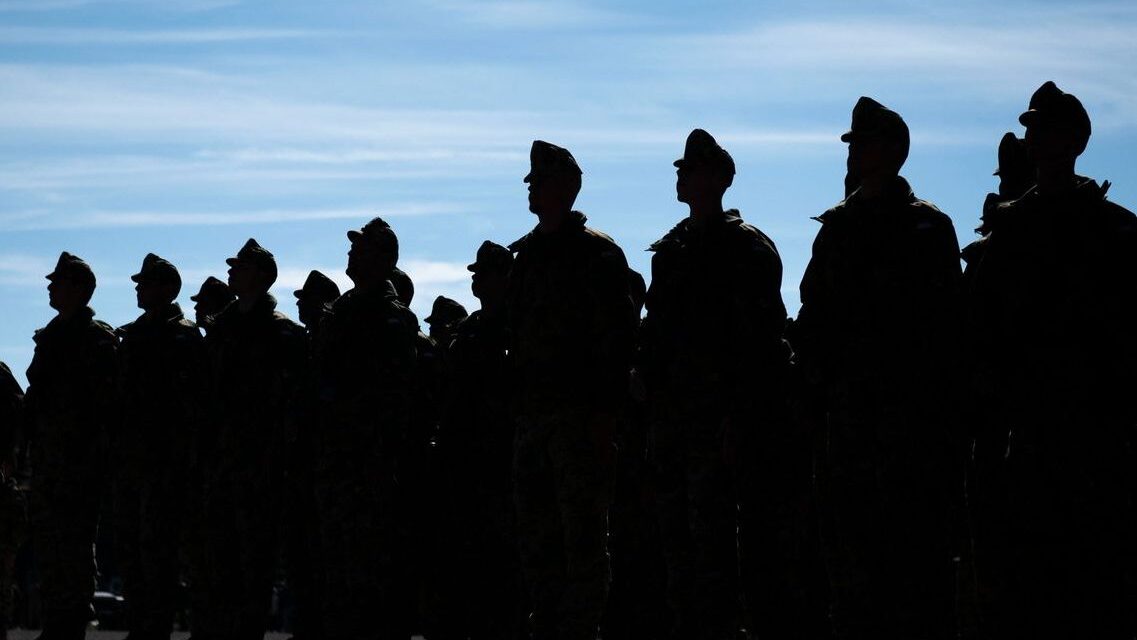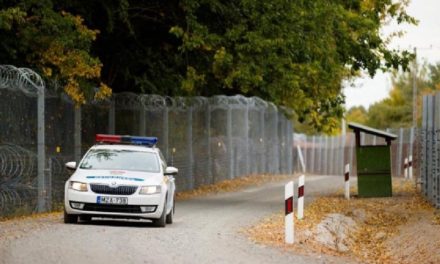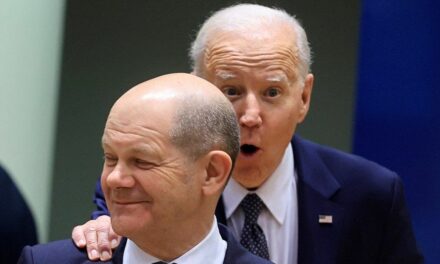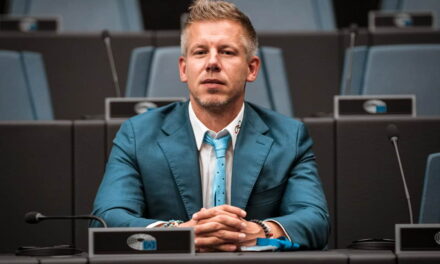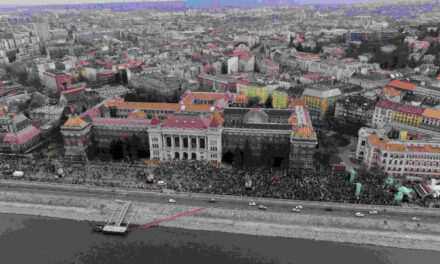Mandatory European conscription will be among the first topics to be discussed in the new EP that will be established after the European Parliament elections in June.
In recent weeks, there has been more and more talk in Germany about bringing back conscription. At the party congress of the alliance of the Christian Democratic Union and the Christian Social Union (CDU/CSU), they voted to put compulsory military service back on the agenda and promised to reintroduce it as soon as they regain power in Berlin. Not long before, Manfred Weber, the president of the European People's Party (EPP), raised the idea of introducing EU-level conscripts and equipping Brussels with its own nuclear deterrent capability, V4na news agency recalls based on an article from The European Conservative news portal .
They add that Germany is not the only country considering the restoration of conscription in Europe, and more and more people in the European Parliament believe that the dispute should be resolved centrally at the EU level. In an interview with the Bavarian media BR24, Manfred Weber, speaking about the European Union election program of the People's Party, once again argued for the further centralization of European defense policy.
Weber said he strongly supported universal military service in Europe,
but among the alternatives of the social sector, young people must also be offered a choice.
V4NA has learned from sources in Brussels that
Manfred Weber's aim is that the new EP, which will be established after the European Parliament elections, will be among the first to discuss the EU's mandatory military service.
According to the plan, military service would become mandatory from the age of 18, but it is not yet clear whether only men or women would be required to undergo some kind of training.
However, it seems certain that the training serves the purpose that the troops can be deployed immediately afterwards, even directly on the front line.
Seeing the statements of the last few weeks, including that of French President Emmanuel Macron, who did not rule out sending European soldiers to Ukraine, the idea of mandatory European conscription raises real concerns. Estonia has just announced that it is in talks to send troops to western Ukraine to take over non-direct combat duties from Ukrainian forces. This would give Kiev the opportunity to send even more of its own soldiers to the front, the Estonian president's national security adviser told Breaking Defense.
By the way, conscription was never abolished in Estonia. Estonian Prime Minister Kaja Kallas recently told the BBC's British public service media that, according to her, the conscripts are "an integral part of deterring Russia, but also providing stronger protection if Russia attacks."
"We have a reserve army of forty-four thousand men, the British have about two million. Two million people who are ready to defend their country and know what to do,” he noted. He then added that, of course, the United Kingdom itself decides whether to introduce conscription, and he himself recommends it in many ways.
Among the European NATO members, pluralism is in effect in the following: Norway, Turkey, Estonia, Lithuania, Sweden, Greece, Finland, Latvia and Denmark. In the Netherlands, men are called up, but for the time being it is only voluntary.
Photo: Illustration / MTI/Boglárka Boglárka

